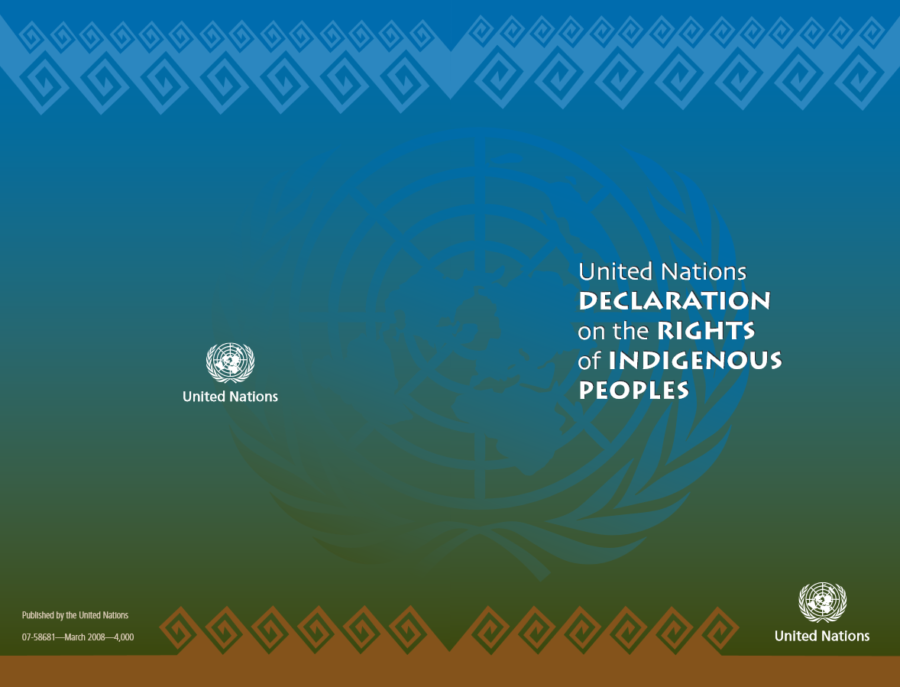
- Version
- Download 5
- File Size 150.19 KB
- File Count 1
- Create Date August 14, 2024
- Last Updated August 14, 2024
Recover your password.
A password will be e-mailed to you.
Get real time updates directly on you device, subscribe now.

UNDRIP is an international document adopted by the United Nations General Assembly on September 13, 2007. The declaration sets out the individual and collective rights of Indigenous peoples, including their rights to culture, identity, language, employment, health, education, and natural resources.
1. Self-determination: Indigenous peoples have the right to determine their political status and freely pursue their economic, social, and cultural development.
2. Cultural Preservation: The declaration emphasizes the protection and preservation of Indigenous cultures, languages, and traditions.
3. Land and Resources: Indigenous peoples have the right to own, use, develop, and control the lands and resources they have traditionally owned or otherwise occupied.
4. Participation in Decision-Making: It ensures the right of Indigenous peoples to participate in decision-making processes that affect their rights and to maintain and strengthen their distinct political, legal, economic, social, and cultural institutions.
5. Free, Prior, and Informed Consent (FPIC): Governments must consult and cooperate in good faith with Indigenous peoples to obtain their consent before adopting or implementing legislative or administrative measures that may affect them.
While UNDRIP is not legally binding, it sets an important global standard for the treatment of Indigenous peoples and serves as a framework for nations to adopt in their laws and policies.

